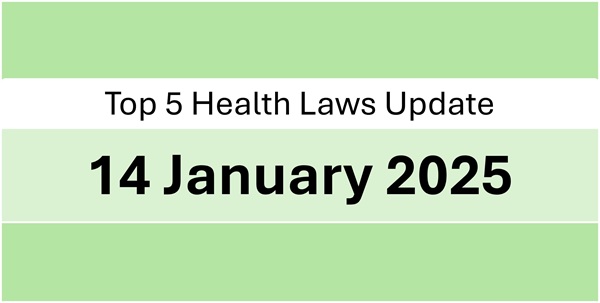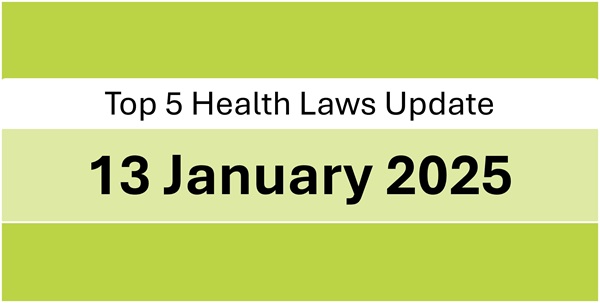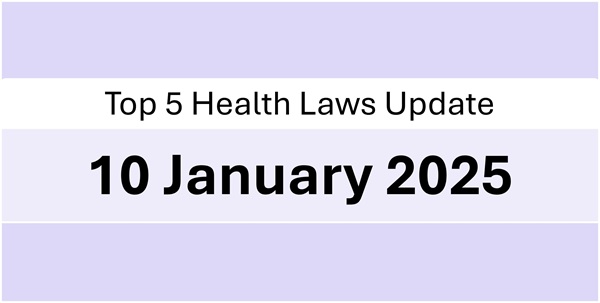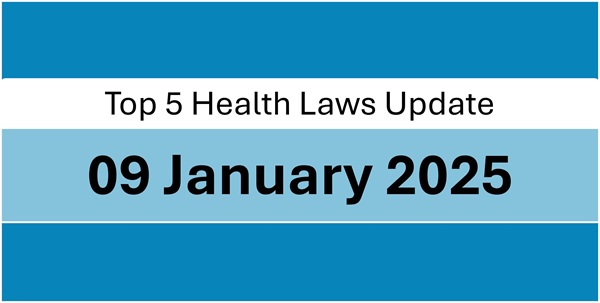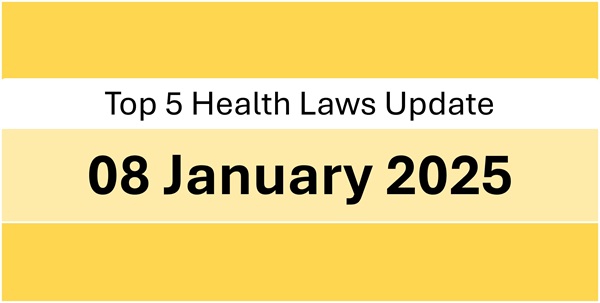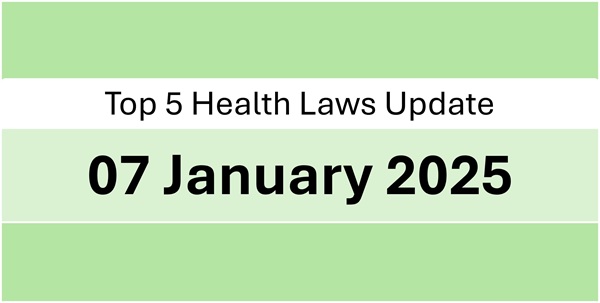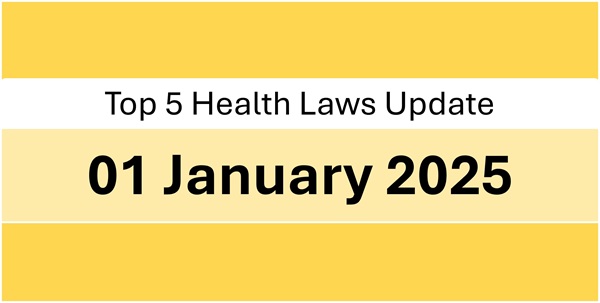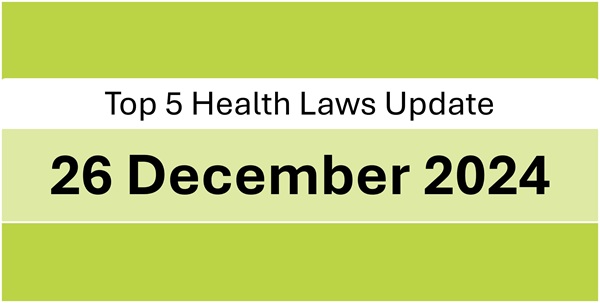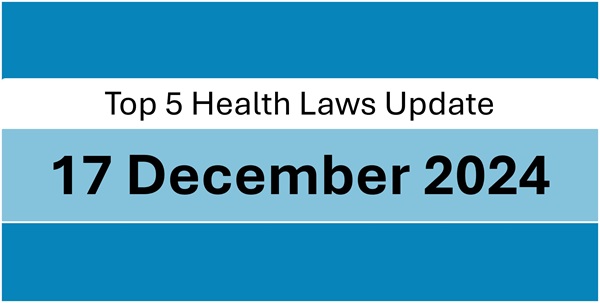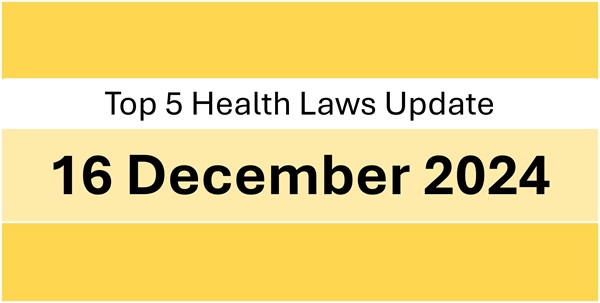Dear Readers, we are happy to share the most interesting legal and policy updates concerning health industry that we read today. we hope you enjoy reading it.
1. The Jharkhand High Court has quashed criminal proceedings against an MBBS doctor charged under Section 304A of the Indian Penal Code for causing death by negligence, following a patient’s death after gallbladder surgery at his clinic. The allegations included medical negligence and violations under the Scheduled Castes and Scheduled Tribes (Prevention of Atrocities) Act. The court found no evidence of malicious intent or negligence on the doctor’s part, leading to the dismissal of the charges.
Source: bit.ly/4jiLOzc
2. India’s Central Pollution Control Board (CPCB) has released guidelines for the transportation and storage of used oil under the Extended Producer Responsibility (EPR) framework, effective from April 1, 2024. These guidelines outline the roles and responsibilities of collection agents, who are tasked with safely collecting, storing, and transporting used oil while adhering to environmental regulations. The framework aims to ensure proper management of hazardous waste and facilitate a more sustainable approach to oil recycling.
Source: bit.ly/3DTNDSR
3. India’s Central Pollution Control Board (CPCB) has released a methodology for conducting a gap analysis on biomedical waste management, aimed at improving compliance with existing regulations. This initiative is part of the CPCB’s ongoing efforts to ensure better environmental and public health outcomes related to the disposal of hazardous waste.
Source: bit.ly/4fYFBFq
Source: bit.ly/3PyGXfq
4. The U.S. Food and Drug Administration has released updated guidance regarding the notification process for manufacturers concerning permanent discontinuances or interruptions in the manufacturing of medical devices, as mandated by Section 506J of the FD&C Act. This guidance aims to prevent or mitigate shortages of critical medical devices during public health emergencies by requiring timely notifications from manufacturers about potential supply disruptions. The document also includes a list of devices that fall under this requirement and outlines the necessary information that must be provided.
Source: bit.ly/4hh2XqP
5. The U.S. Food and Drug Administration has released draft guidance proposing major changes to the accelerated approval pathway for drugs. These changes aim to strengthen the evidence and procedures required for quickly approving new medications, ensuring they deliver real clinical benefits while maintaining safety and effectiveness. The updates reflect the FDA’s commitment to improving the approval process for important therapies and addressing concerns about how these drugs perform once they reach the market.
Source: bit.ly/4hf9N09

